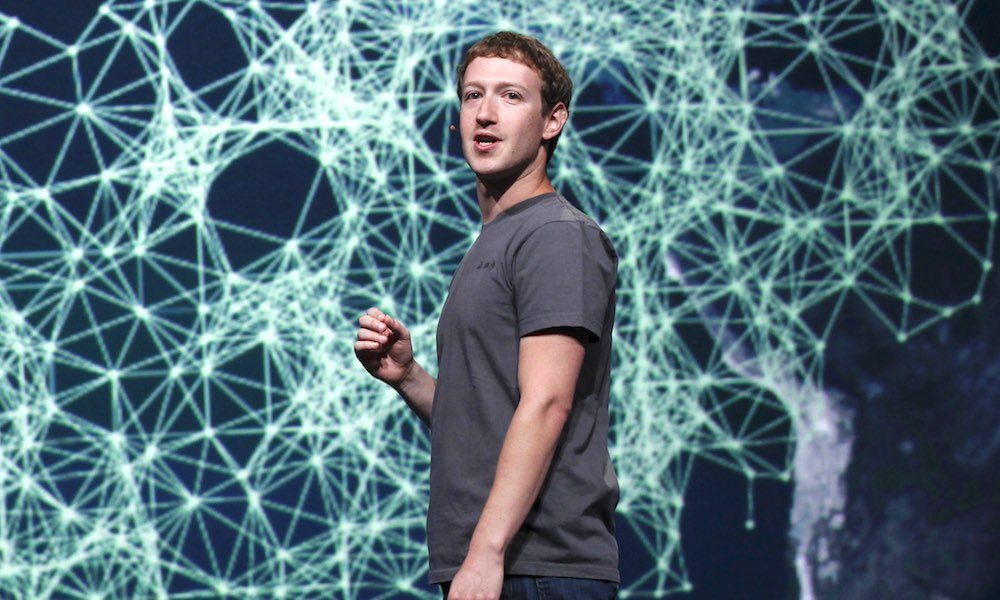Facebook Wants to Use Lasers to Bring Cheap, High-Speed Internet to the World

Toggle Dark Mode
Facebook wants to use laser beams to bring you high-speed internet access.
The social media giant’s Connectivity Lab released a paper in the scientific journal Optica on Tuesday. In it, the company describes the development of a laser detector that they think could be the future of high-speed communications, according to PCWorld.
“The Connectivity Lab at Facebook is developing ways to make affordable internet access possible in communities around the world,” the division wrote on its website.
The laser detector could open up doorways to high-speed internet access for rural communities that lack wireless infrastructure, according to CNET.
Wireless Internet signals are often bogged down with speed limitations and government radio spectrum regulations, PCWorld reported.
So to combat these difficulties, engineers around the world have seen laser-beams as a way of transmitting data in a point-to-point, high-speed manner.
But transmitting data via lasers is a tricky task. To transmit data quickly, the lasers need to be small — very small. And laser beams spread out during their length, requiring them to be focused using complex apertures and aiming systems, PCWorld reported.
The longer the distance, the harder it is.
But Facebook’s new detector allegedly overcomes these obstacles by using a larger receiver that can still transmit data rapidly.
The social media company said that the uses for the tech could be limitless. From transmitting video to mobile devices in your home, to cheap data transmission with a range of up to a kilometer, PCWorld reports.
The Connectivity Lab was able to achieve a transmission speed of 2.1 gigabytes-per-second with its laser detector, according to CNET.
On the Connectivity Lab’s website, Facebook describes how a connected future could look: by using a fleet of unmanned aircrafts to beam high-speed internet to communities who would otherwise not have access to it.
“We are developing communication technologies that are optimized for areas where people live far apart from each other,” Facebook’s Tobias Tiecke told CNET,






